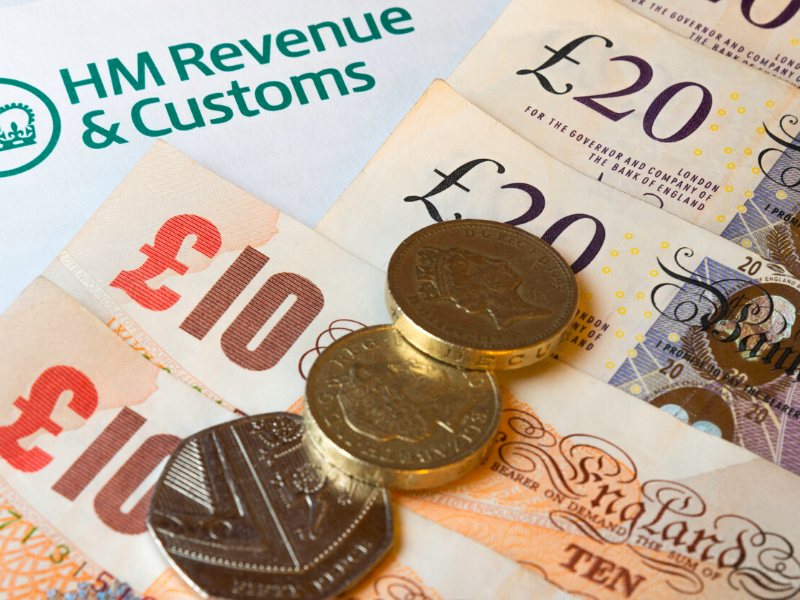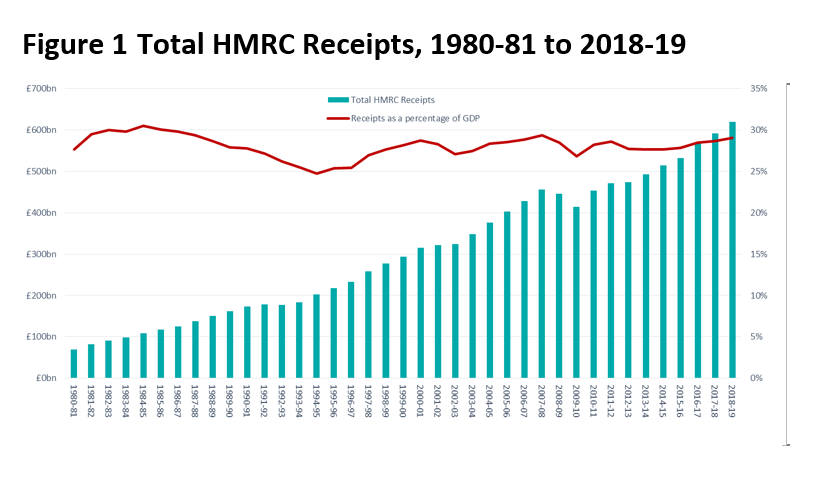THE TAXMAN COMETH… AGAIN
TODAY’S BLOG
THE TAXMAN COMETH… AGAIN
A week today is deadline pay to send in your self-assessment tax return and payment to HMRC. The 31st January brings an end to arguably the worst month of the year with a tax deadline. Most people will be very familiar with 31/01 by now, but invariably a lot of people file their returns late.
In February 2019, HMRC confirmed that 93.68% of people filed their returns on time, which was a new record. There were 11.56 million taxpayers that had to file a return, 731,186 didn’t do so on time. Fines for not filing a return on time are £100, even if no tax is due. So that comes in at a neat £73,118,600 in immediate fines. After 3 months (30 April) additional penalties are applied at £10 a day.

Left until the last minute.com…
A thumping 735,258 filed on the final day itself (6% of those that had to). Remember this is sending a return for the tax year that ended 5th April in the previous year!
Some 60,000 people tried to file their return between 4pm and 5pm on the 31st January 2019. That is really leaving it to the last minute (which is midnight of that day).
IMPORTANT – Pension Tax Tips Pre-Return:
These tips help taxpayers get all the pension tax relief to which they are entitled or to avoid an unexpected tax bill in years to come.
A) Claim higher rate relief on personal pension contributions:
Many pension savers who pay income tax at the higher (or additional) rate, may be unaware that they need to claim higher rate relief through their tax return on contributions into a personal pension. Employee contributions into a personal pension or group personal pension automatically attract pension tax relief at the basic rate through the ‘relief at source’ method. This tax relief is claimed by the pension provider on behalf of the member. But those who pay tax at the 40% or 45% rate only get their extra tax relief if they claim it through their tax return. For example, someone who pays £80 into a personal pension automatically gets an extra £20 in basic rate relief added to their pension. But if they pay tax at 40% they are entitled to another £20 in tax relief which they will only get if they enter this information on their tax return.
B) Report contributions in excess of your annual allowance
Individuals are expected to report on their tax return any pension contributions (from themselves or their employer) into a Defined Contribution pension and/or any growth in Defined Benefit pension rights in excess of the Annual Allowance, so that additional tax can be paid.
C) Report contributions made on your behalf under ‘scheme pays’
HMRC recently admitted that some taxpayers were failing to report on their tax return that a pension tax charge had been paid on their behalf by their occupational pension scheme. A new FOI obtained by Royal London shows that in 2016/17 just over 1,000 people failed to report this information. As the number of people affected by ‘scheme pays’ has grown rapidly since 2016/17, it is likely that thousands of people are now failing to report this information. The FOI from HMRC says that this is a case of ‘under-reporting, not under-payment’, but taxpayers are expected to give complete information on their tax return.
And finally…
There were some strange excuses too… here is a video HMRC put together about them.
Here are some things that didn’t pass the valid expense claims.
Dominic Thomas
Solomons IFA
You can read more articles about Pensions, Wealth Management, Retirement, Investments, Financial Planning and Estate Planning on my blog which gets updated every week. If you would like to talk to me about your personal wealth planning and how we can make you stay wealthier for longer then please get in touch by calling 08000 736 273 or email info@solomonsifa.co.uk

GET IN TOUCH
Solomon’s Independent Financial Advisers
The Old Bakery, 2D Edna Road, Raynes Park, London, SW20 8BT
Email – info@solomonsifa.co.uk
Call – 020 8542 8084

GET IN TOUCH
Solomon’s Independent Financial Advisers
The Old Bakery, 2D Edna Road, Raynes Park, London, SW20 8BT
Email – info@solomonsifa.co.uk Call – 020 8542 8084









